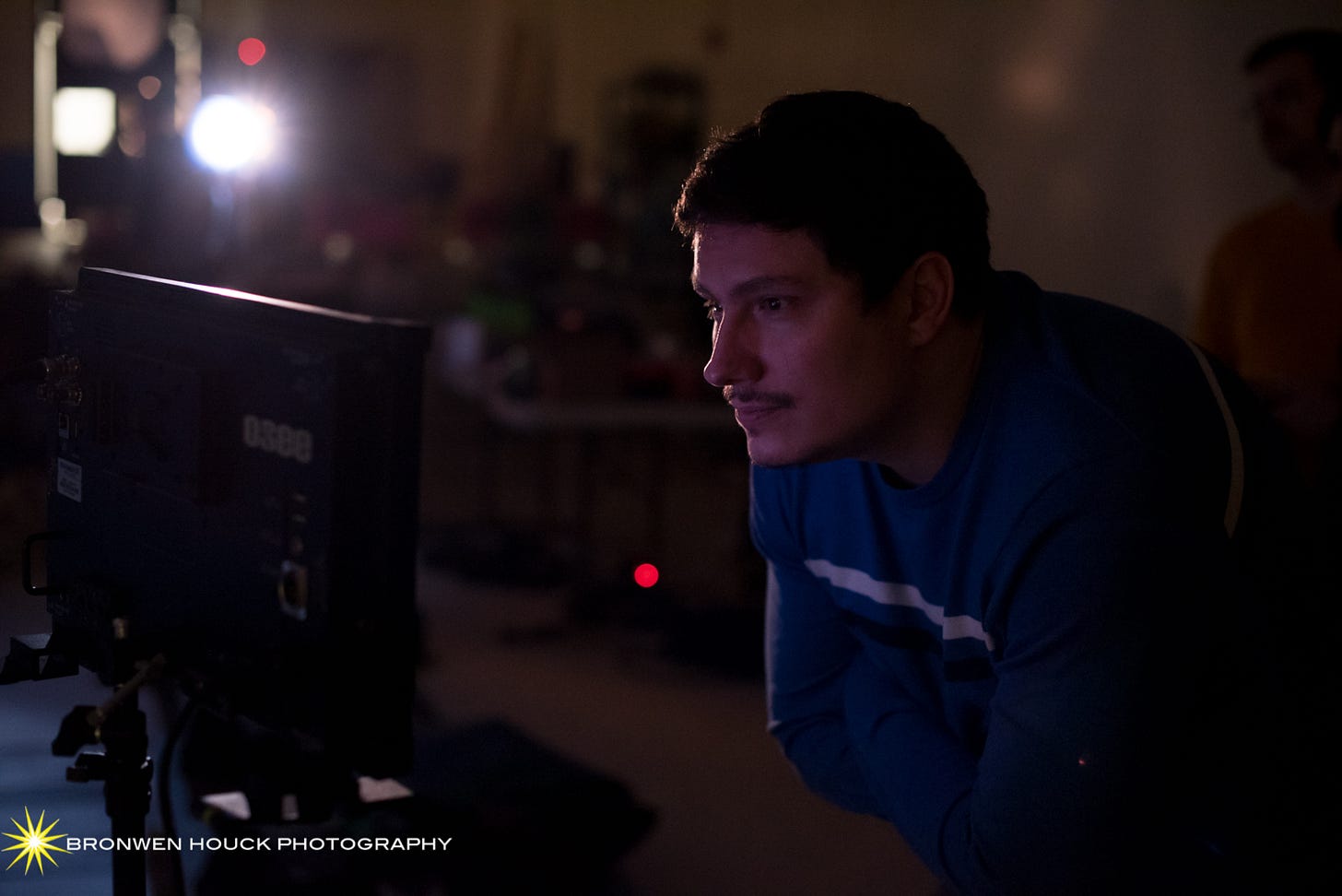In 1980s Russia (aka Soviet Union/USSR), a new kind of cultural revolution was afoot: Mikhail Gorbachev’s economic and political reforms loosened regulations governing the film industry which opened the gates for many Russians to watch American films for the first time, giving them a window into a world completely different to their own. Wes Hurley, now a Seattle-based filmmaker and the writer/director of Potato Dreams of America, was back then, just a pre-teen boy with a growing fascination with American cinema and an ever-expanding array of conflicts with peers, family, Russian society, and himself.
As a kid in Russia, Hurley was different: He was a boy with no romantic interest in girls (which he would later understand as being gay), he had progressive ideas which were modeled to him by his mother (she refused to falsify death records while working as a doctor in a Russian prison); and he suffered from a deep sense of fear and dehumanization, cultivated by the homophobia he experienced in his community. But he also had an insatiable thirst for understanding the world and an extremely active imagination fueled by the vivid imagery and fantastical stories in American cinema. He remembers imagining that Whoopi Goldberg (one of his heroes) was speaking directly to him as she gave her 1991 Oscar acceptance speech after winning an award for best actress in a supporting role. Movies were his refuge.













